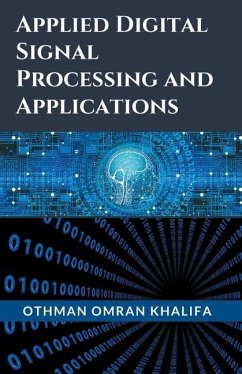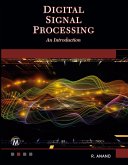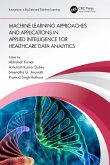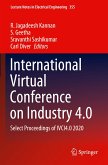Due to the rapid development of technologies, digital information playing a key role in our daily life. In the past signal processing appeared in various concepts in more traditional courses where the analog and discrete components were used to achieve the various objectives. However, in the 21th century, with the rapid growth of computing power in terms of speed and memory capacity and the intervention of artificial intelligent, machine /deep learning algorithms, IoT, Cloud computing and automation introduced a tremendous growth in signal processing applications. Therefore, digital signal processing has become such a critical component in contemporary science and technology that many tasks would not be attempted without it. It is a truly interdisciplinary subject that draws from synergistic developments involving many disciplines. The developers should be able to solve problems with an innovation, creativity and active initiators of novel ideas. However, the learning and teaching has been changed from conventional and tradition education to outcome based education. Therefore, this book prepared on a Problem-based approach and outcome based education strategies. Where the problems incorporate most of the basic principles and proceeds towards implementation of more complex algorithms. Students required to formulate in a way to achieve a well-defined goals under the guidance of their instructor. This book follows a holistic approach and presents discrete-time processing as a seamless continuation of continuous-time signals and systems, beginning with a review of continuous-time signals and systems, frequency response, and filtering. The synergistic combination of continuous-time and discrete-time perspectives leads to a deeper appreciation and understanding of DSP concepts and practices.
Bitte wählen Sie Ihr Anliegen aus.
Rechnungen
Retourenschein anfordern
Bestellstatus
Storno









